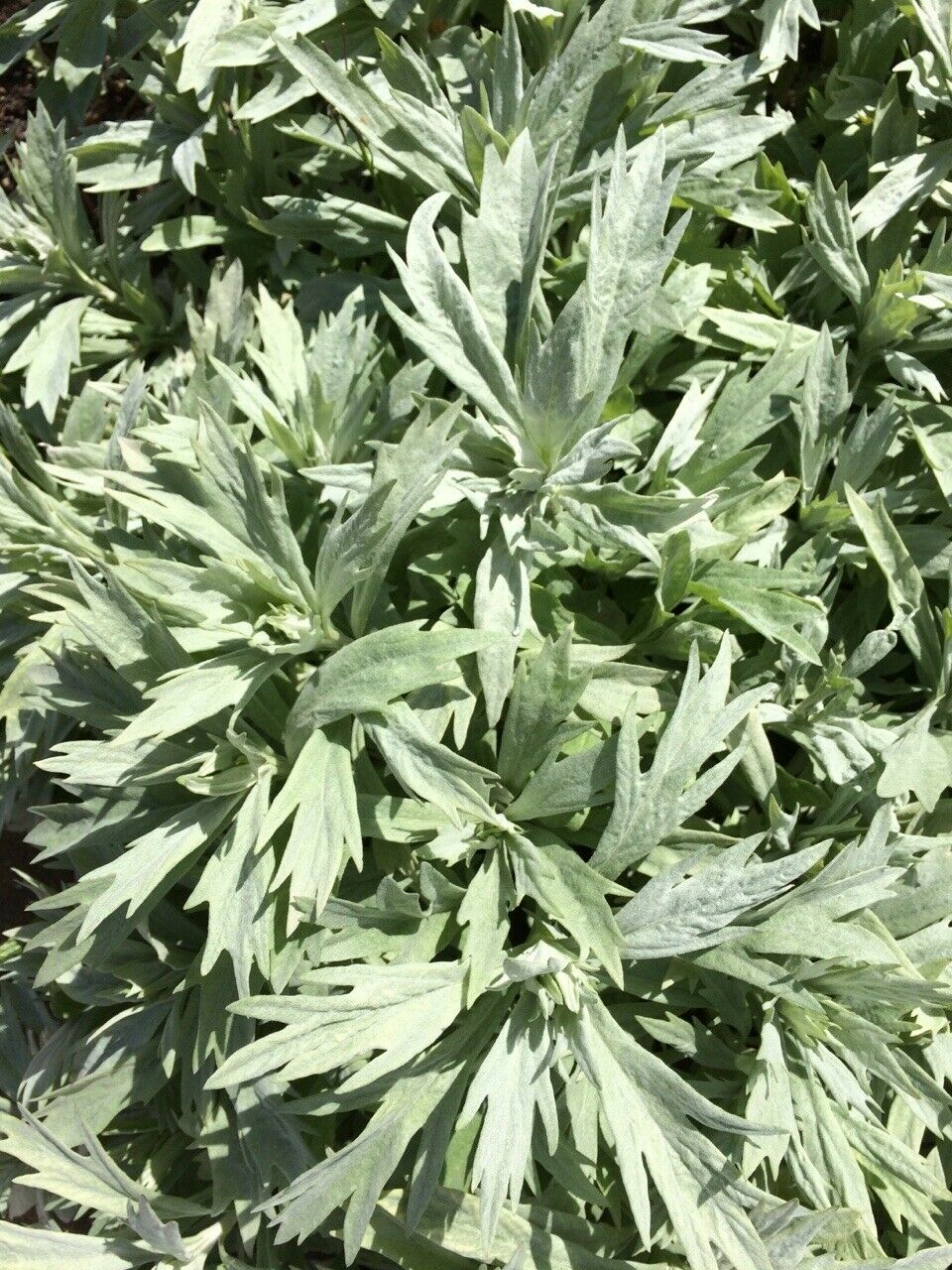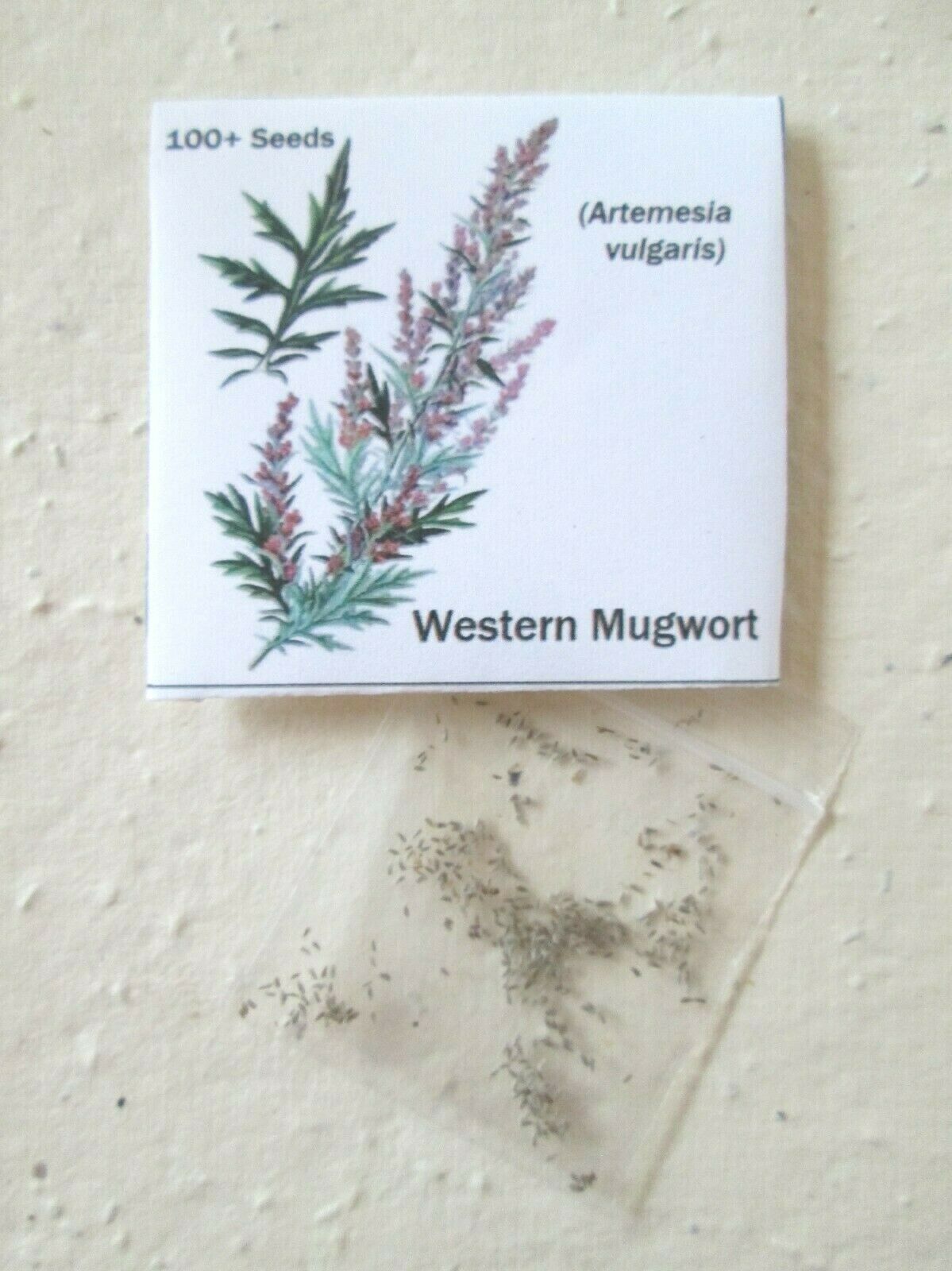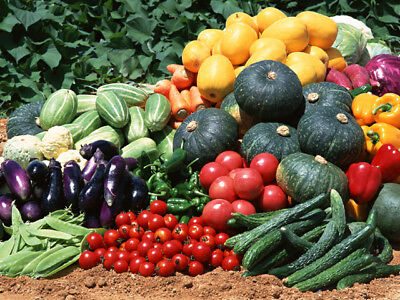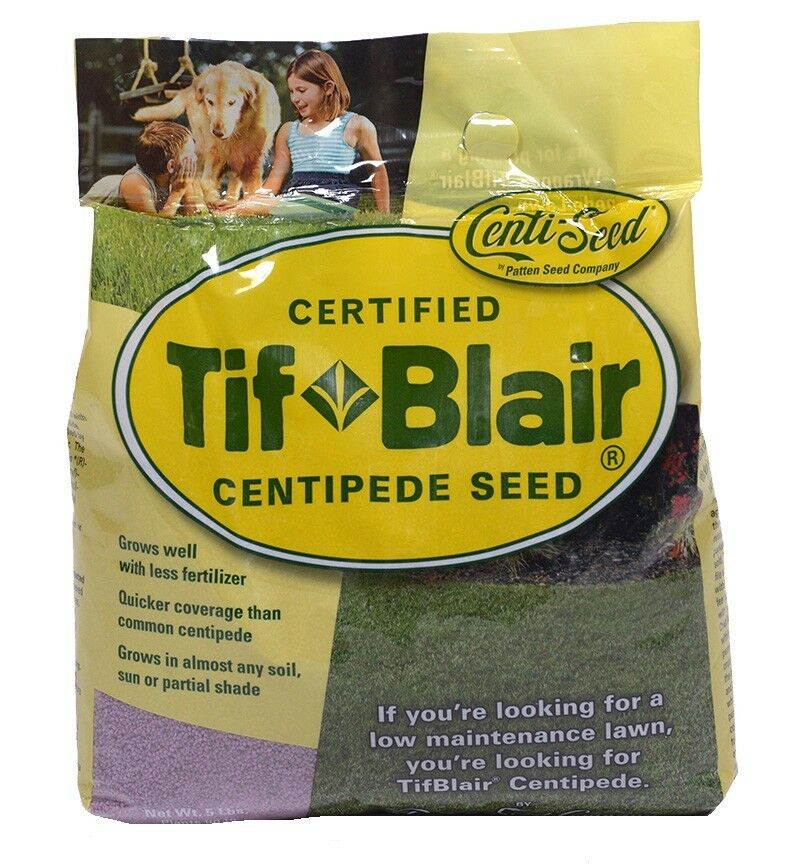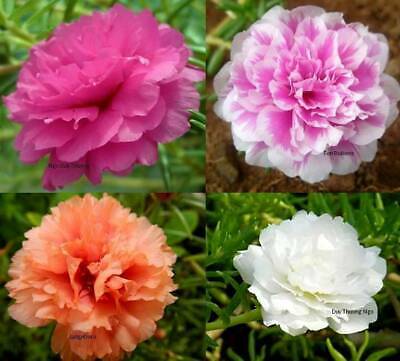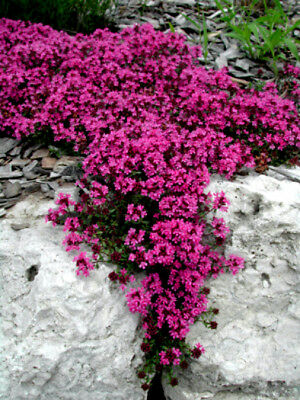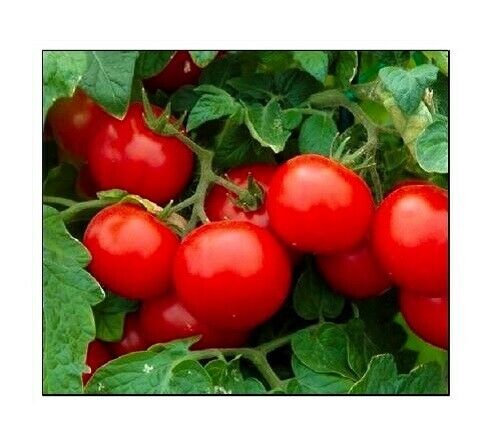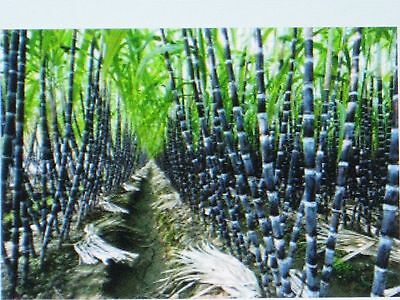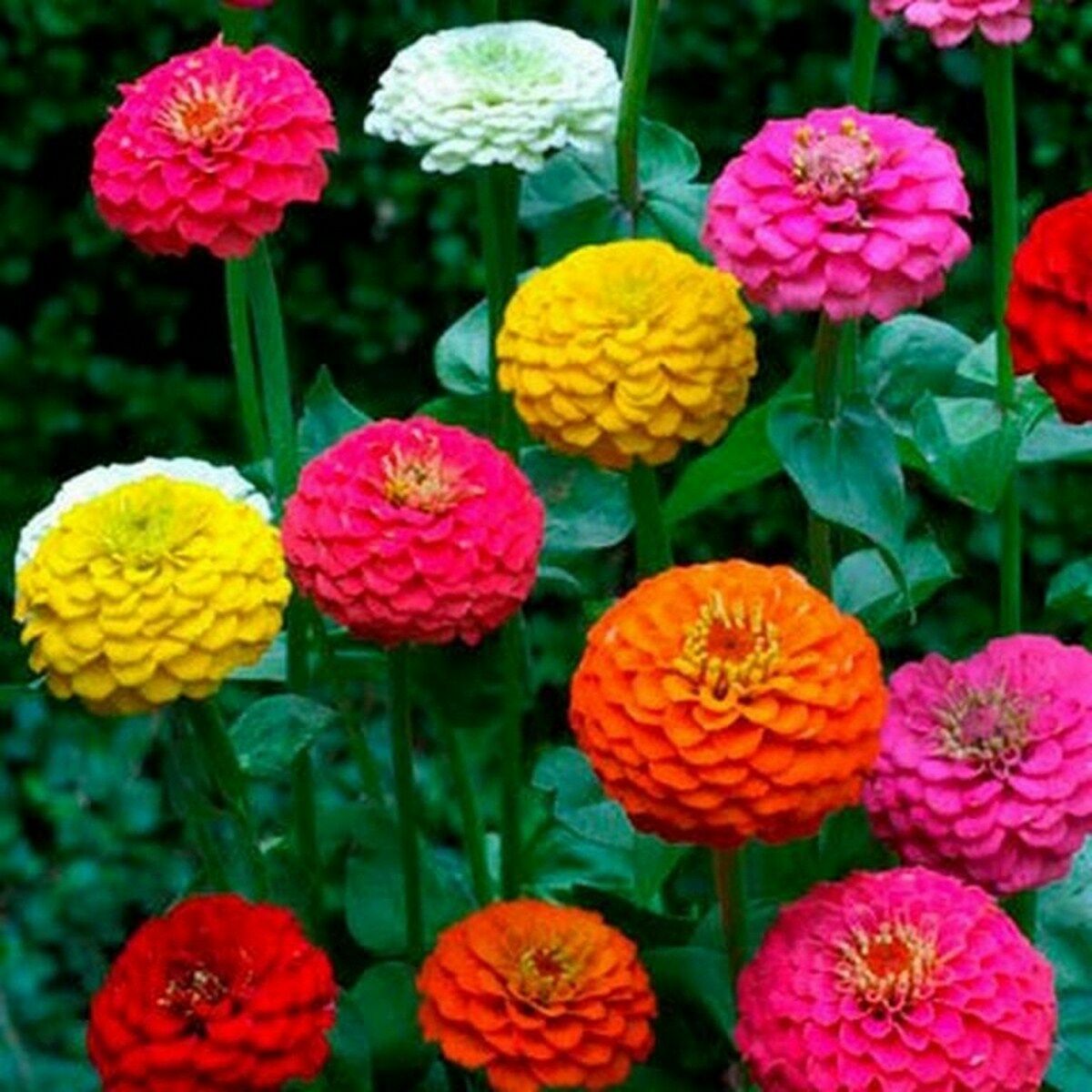-40%
Western Mugwort (Artemisia vulgaris) Seeds 100+
$ 1.97
- Description
- Size Guide
Description
Artemisia vulgaris, the common mugwort, is a species of flowering plant in the daisy family Asteraceae. It is one of several species in the genus Artemisia commonly known as mugwort, although Artemisia vulgaris is the species most often called mugwort. This pleasantly pungent scented herbaceous perennial plant is 2 to 4 feet tall, branching abundantly in the upper half where the flowerheads occur. The stems are largely hairless, angular, and furrowed, although the upper flowering stems are usually pubescent.
Zones 3 - 5
For best results sow seeds in autumn in prepared growing area (loose soil with a mixture of sand and peat). Press seeds into surface of the soil. Sprinkle lightly.
The seeds usually take about a month to germinate, but in some instances, it can take much longer.
Sow stored seeds in early spring in a shallow tray or another suitable container in a mixture of equal parts loam, peat, and sand. Push seeds
lightly below the surface of the growing medium and keep it moist. It is best to place them in a cool place with indirect sunlight because the seeds need a chilling period to germinate.
The seedlings can be
transplanted outdoors in full sun when the danger of frost has passed.
